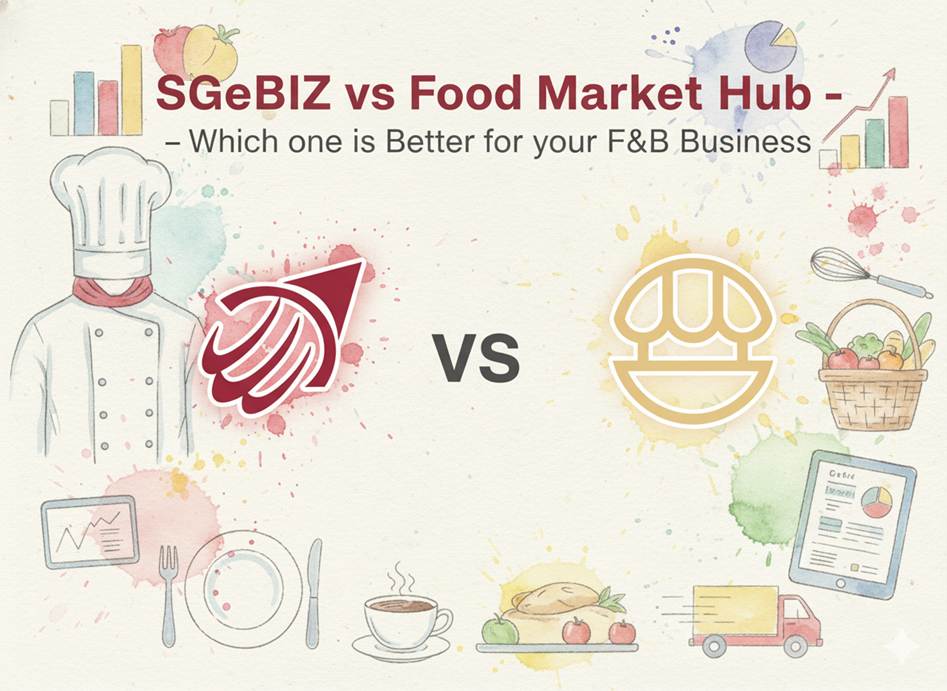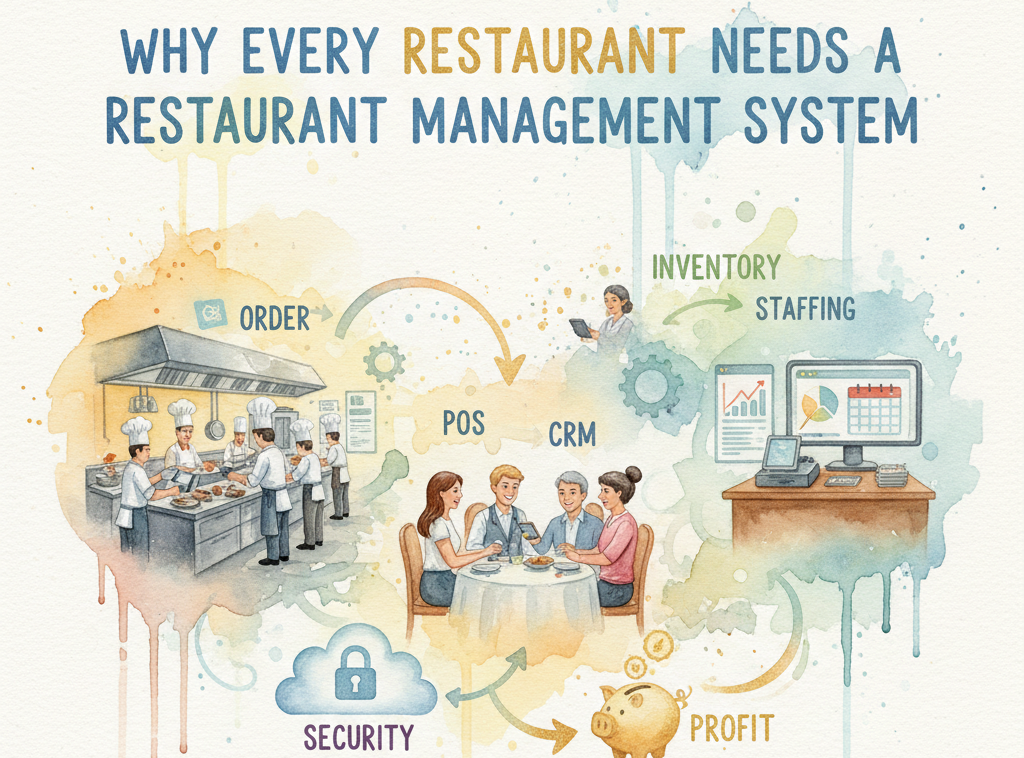Mastering Vendor Relationships: Key Strategies for Effective Supplier Collaboration

In the intricate web of the Food and Beverage (F&B) industry, vendor management stands as a pivotal cornerstone. The quality of ingredients, the reliability of deliveries, and the cost-effectiveness of supplies – all hinge on the relationships F&B enterprises cultivate with their suppliers. In this educational blog, we delve into the art of mastering vendor relationships and unveil key strategies that can elevate your supplier collaboration to unprecedented heights.
Challenges and Opportunities in Vendor Management
Vendor management in the F&B industry presents a unique set of challenges and opportunities. Ensuring a consistent supply of high-quality ingredients while managing costs requires careful coordination and strategic decision-making. Challenges such as supplier reliability, changing market conditions, and regulatory compliance can impact operational efficiency. On the flip side, effective vendor management opens the door to opportunities for innovation, competitive pricing, and mutually beneficial partnerships.
Understanding the Significance of Effective Vendor Management
Vendor management is more than just transactions; it's about forging partnerships that nurture growth. Effective collaboration with suppliers directly impacts the quality of your offerings, the efficiency of your operations, and ultimately, your bottom line. As the F&B landscape evolves, so do the expectations from vendors – and that's where strategic approaches come into play.
Key Strategies for Mastering Vendor Relationships
1. Clear Communication and Expectations: The foundation of any successful partnership is transparent communication. Establish clear expectations from the outset, including quality standards, delivery schedules, and pricing structures. Regular and open dialogue ensures that both parties are aligned and aware of each other's needs.
2. Collaborative Planning: Collaborative planning involves sharing forecasts and insights with your suppliers. By integrating their expertise with your requirements, you can optimize inventory levels, reduce wastage, and enhance overall supply chain efficiency.
3. Performance Metrics and Feedback: Implement performance metrics that allow you to measure and evaluate your suppliers' performance. Regular feedback sessions help address any issues promptly and encourage continuous improvement.
4. Supplier Diversity: A diverse supplier base can enhance your competitive advantage. Consider partnering with suppliers of various sizes and backgrounds to foster innovation and promote inclusivity.
5. Innovation and Co-Creation: Engage with your suppliers in co-creative endeavors. By collaborating on product development and process improvement, you can drive innovation and create unique offerings that stand out in the market.
6. Data-Driven Decision-Making: Leverage data and analytics to make informed decisions. Tools like Food Market Hub provide insights into order patterns, inventory levels, and performance metrics, enabling you to optimize your vendor relationships.
Integrating Food Market Hub for Enhanced Supplier Collaboration
As you navigate the complex landscape of vendor management, technology can be your greatest ally. Enter Food Market Hub – an innovative platform that seamlessly integrates into your vendor management strategies. By incorporating Food Market Hub at relevant touchpoints, you can supercharge your supplier collaboration efforts.
- Streamlined Communication and Real-Time Tracking: Food Market Hub's integrated communication tools facilitate real-time conversations with your suppliers. From order placements to delivery confirmations, stay connected and informed throughout the supply chain.
- Efficient Order Reconciliation: Simplify the process of order reconciliation with accurate digital records on Food Market Hub. Say goodbye to manual checks and discrepancies, and ensure accurate billing and payments.
- Data-Driven Insights and Collaboration: Leverage Food Market Hub's data analytics to gain insights into supplier performance and order trends. Collaborate more effectively by sharing actionable insights with your suppliers.
- Empower Your Vendor Relationships with Food Market Hub: Mastering vendor relationships is a strategic imperative in the F&B industry. With the integration of Food Market Hub, you can elevate your supplier collaboration to a new level of efficiency and effectiveness. Embrace technology, transparency, and innovation to cultivate relationships that drive excellence and mutual success.
Ready to take the leap? Explore Food Market Hub's capabilities and discover how it can transform your vendor management strategies. Unlock the power of effective supplier collaboration with Food Market Hub, and position your F&B enterprise for a future of success and growth.










